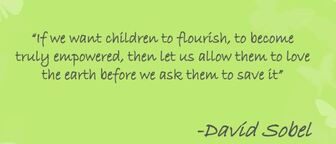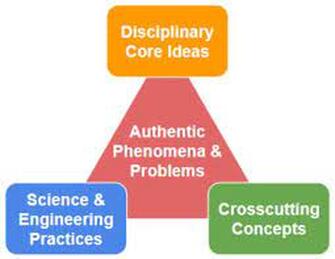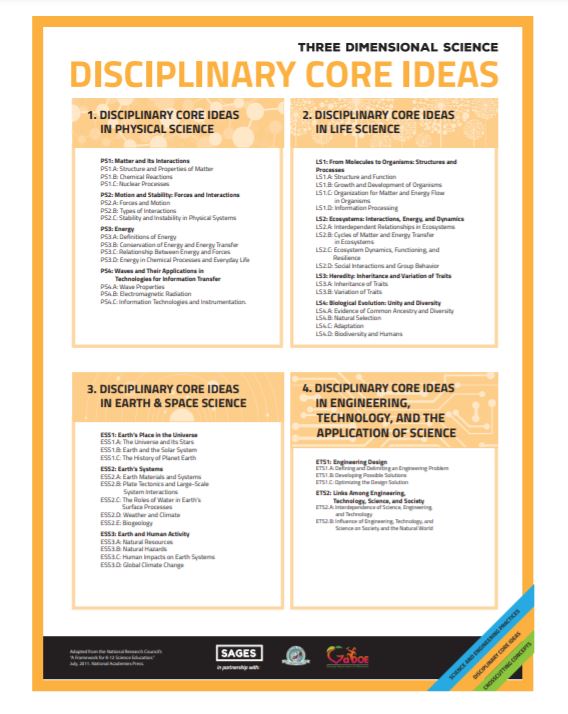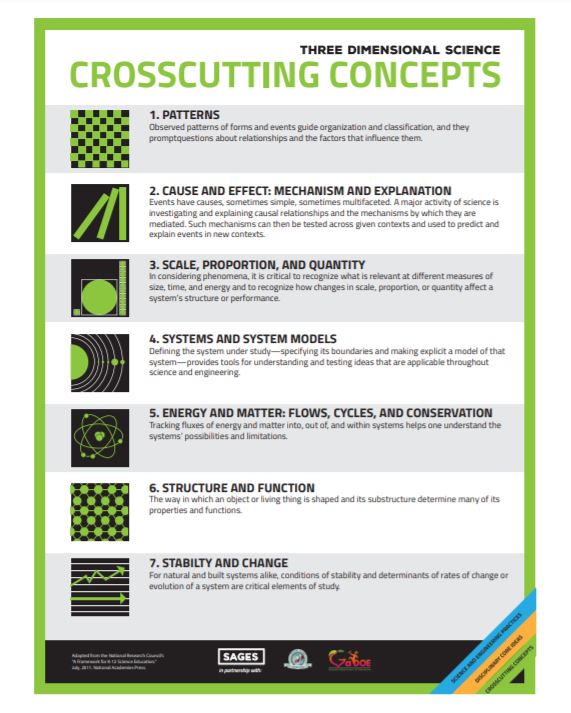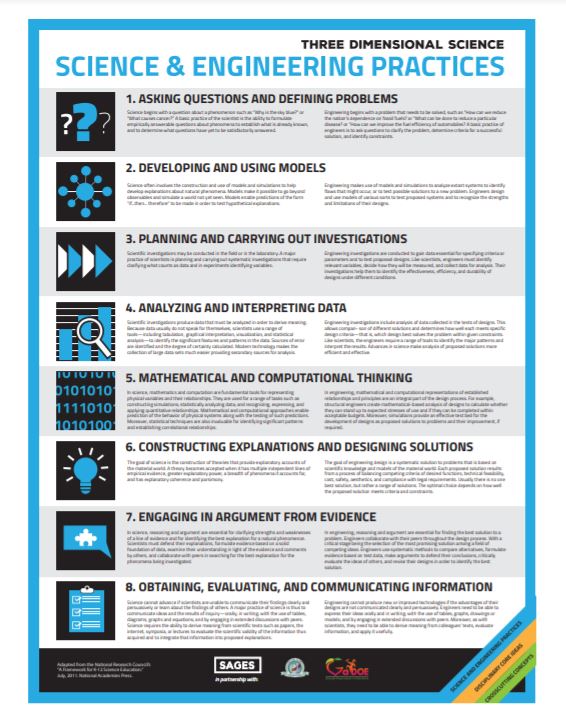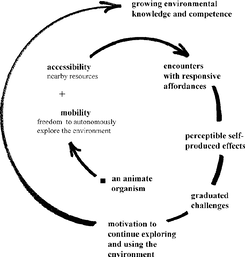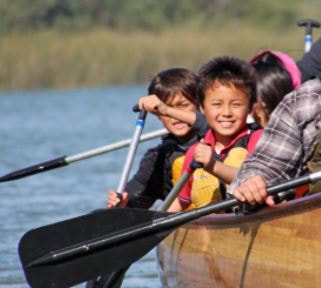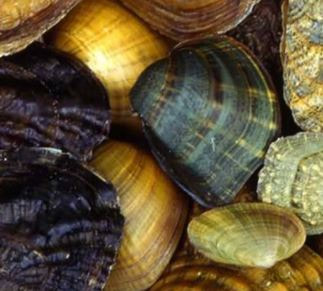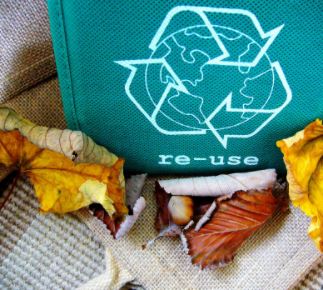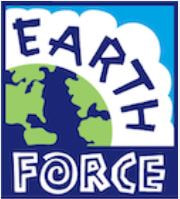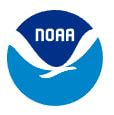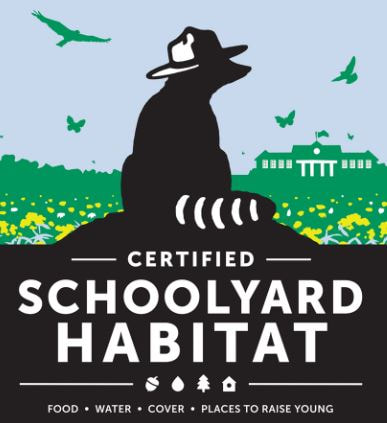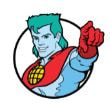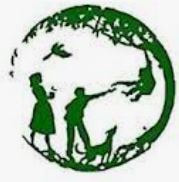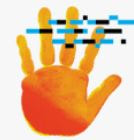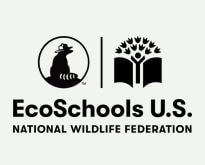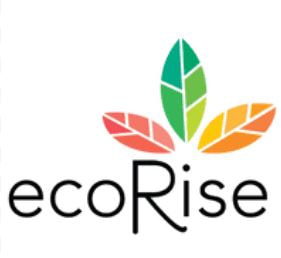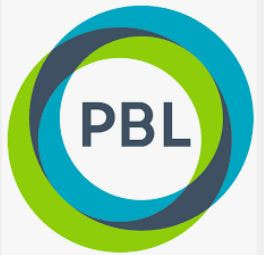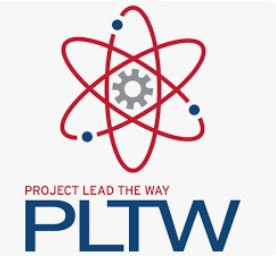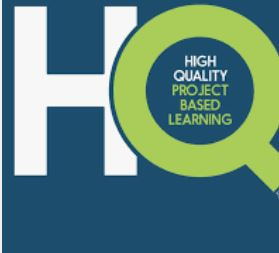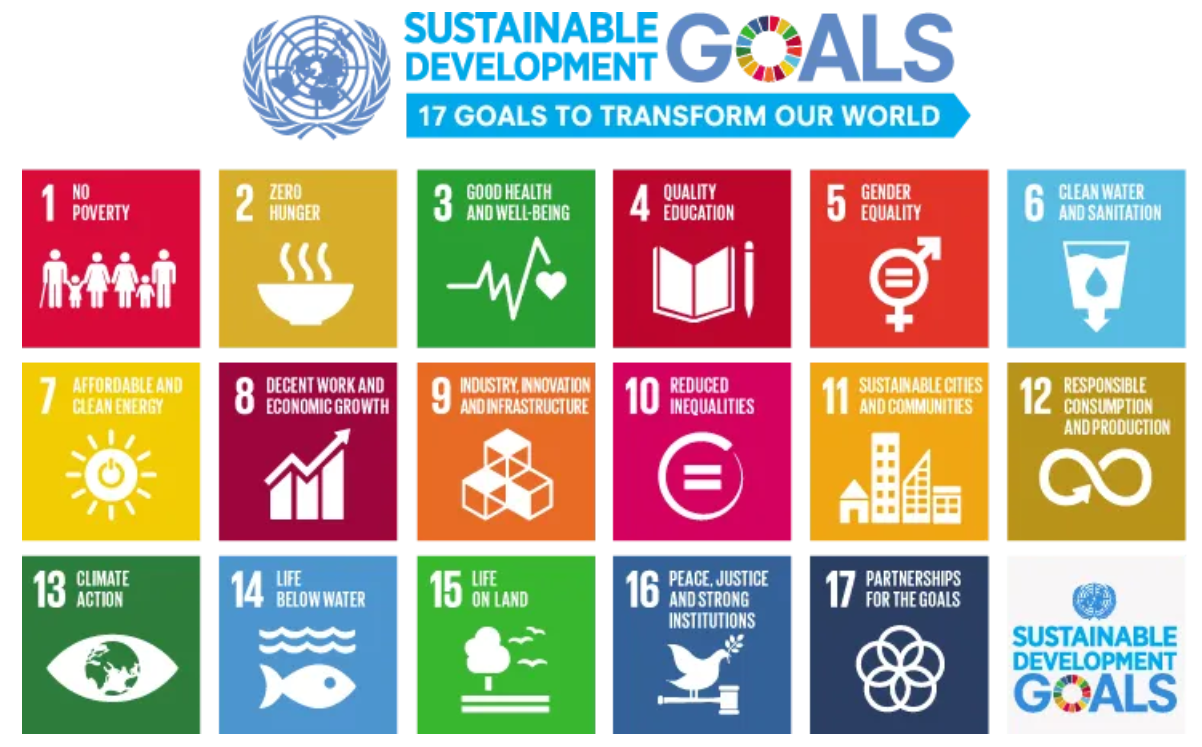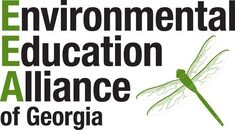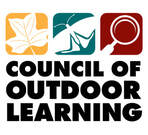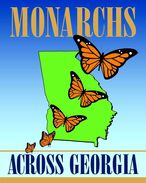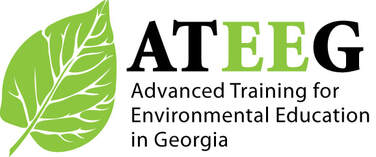Environmental Education Alliance of Georgia
- Our Story
- Our Team
- Our Events
-
Our Resources
- Wildlife Viewing
- Earth Month Activities
- Garden-based Learning
- EcoEngineering Challenges
- Community (Citizen) Science
- Phenomenon-Based Learning
- Problem-Based Learning
- Place-Based Learning
- Project-Based Learning
- Teaching about Climate Change
- Teaching about EJ
- Zero Waste Heroes
- SAGES Project
- Virtual EE Resources
- Environmental Clubs
- Evaluation and Assessment
-
Our Work
- Our News
- Our Impact
- JOIN or GIVE
- Member Portal
- Contact Us
- Outdoor Learning Store
- PassTick2023-4
- Annual Report
- New Page
- Past 2022 EEA Conference
- Past EEA Board 2021-22
- Past 2022 conferenceoverview
- Non-clickable Page
- New Page
- EEA Guest Blog
- Our Story
- Our Team
- Our Events
-
Our Resources
- Wildlife Viewing
- Earth Month Activities
- Garden-based Learning
- EcoEngineering Challenges
- Community (Citizen) Science
- Phenomenon-Based Learning
- Problem-Based Learning
- Place-Based Learning
- Project-Based Learning
- Teaching about Climate Change
- Teaching about EJ
- Zero Waste Heroes
- SAGES Project
- Virtual EE Resources
- Environmental Clubs
- Evaluation and Assessment
-
Our Work
- Our News
- Our Impact
- JOIN or GIVE
- Member Portal
- Contact Us
- Outdoor Learning Store
- PassTick2023-4
- Annual Report
- New Page
- Past 2022 EEA Conference
- Past EEA Board 2021-22
- Past 2022 conferenceoverview
- Non-clickable Page
- New Page
- EEA Guest Blog
EEA RESOURCES
What is Project-Based Learning (PBL)?
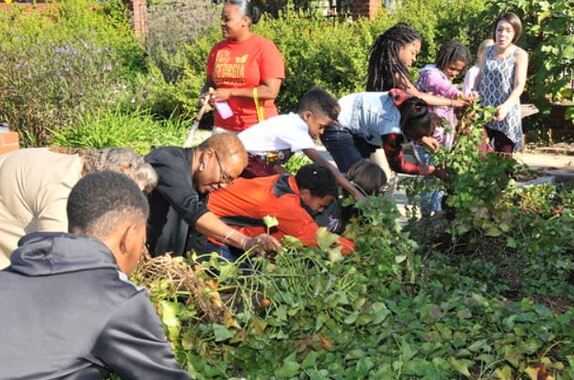
Project-based learning (PBL) is a student-directed, collaborative learning process that results in a project or product. Some projects are contrived, such as designing and building a tower from spaghetti and marshmallows. Other projects are authentic, such as solving a local environmental problem. Regardless of the type of project, most PBLs are directed by students. Rather than the teacher selecting a class project, small groups are engaged in "design thinking" and given "voice and choice" to identify and implement proposed solutions, assess results, and refine their approach. Typically, project findings or products are presented to relevant stakeholders or community members for feedback.
PBL and the Continuum of Environmental Awareness, Know-How, Problem-Solving & Action
Adapted by EEA from the U.S. Environmental Protection Agency
Engaging students in environmental education and outdoor learning is more than simply providing content knowledge. It is a process that ranges from nature connection and environmental awareness to action, and increases student capacity, competence, and confidence in designing and carrying out solutions to bite-sized, local environmental problems. Student-directed problem solving: environmental stewardship, is a type of project-based learning.
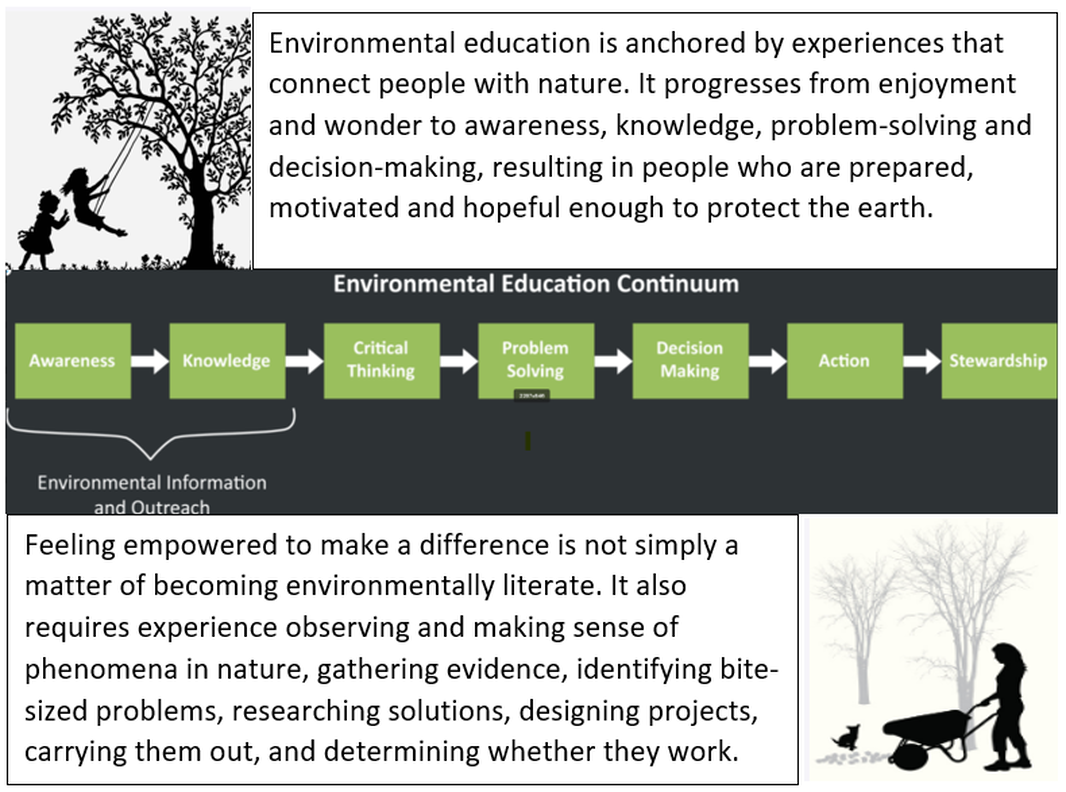
G.R.E.A.T. Project Storylines from EEA and CPF
The Framework
GREAT Projects are organized around the acronym for which they are named. . . After observing an anchoring phenomenon (which illustrates a science concept without explaining it), students ask questions and try to make sense of the phenomenon; then Gather information (do research) and collect data locally; use Reasoning to analyze their data and info; and Explore further by making a model, conducting an investigation, or completing a teacher-provided performance task using science and engineering practices. Then students identify a local problem related to the phenomenon; brainstorm possible solutions in small groups; refine an idea; pitch it to the rest of the class; and collectively decide which solution to carry out based on feasibility and potential impact. After organizing to decide on roles and responsibilities and then to plan the project, students Act by carrying out the project and assessing the impact of their work. Typically, they present project results to an authentic audience, such as community members who are affected by the problem, and Teach what they learned from the process. The last step is reflection.
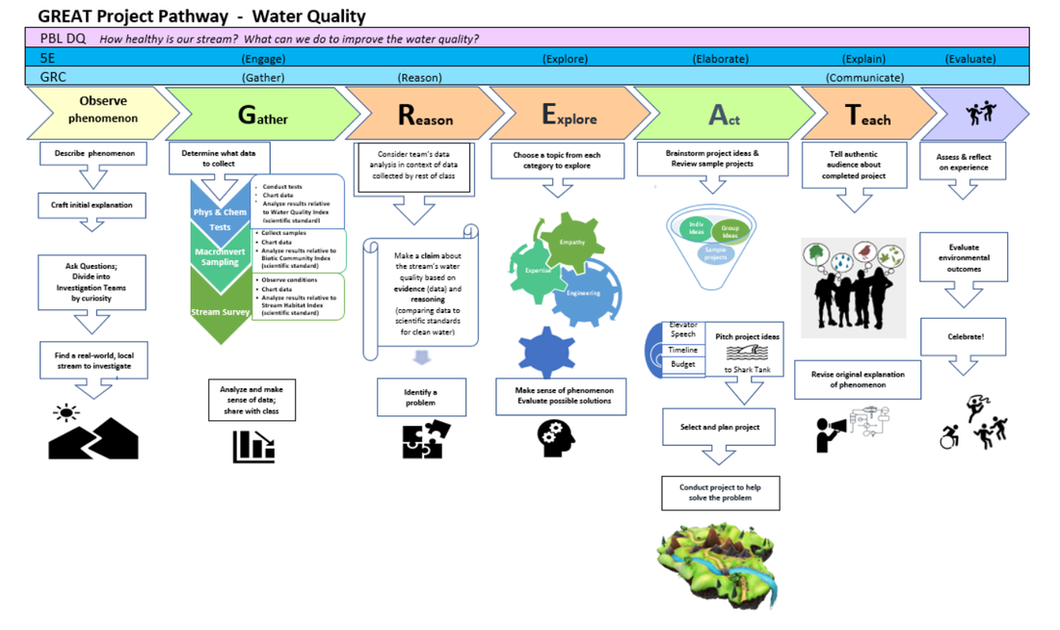
Research that informs the GREAT Project Storylines
The Environmental Education Alliance, in partnership with Captain Planet Foundation, is creating a series of scaffolded project guides that lead a class from decision point to decision point through a project-based learning process that includes observation of a phenomenon, problem identification, research, investigations, ideation and pitching of solutions, engagement with the community, project implementation, assessment, and reflection. The scaffolded approach used throughout the GREAT Project Storylines is based on the following key research.
Connection to Nature |
3-Dimensional Learning |
Graduated Challenges |
|
“As a result of the curriculum initiative, education officials found that students felt hopeless and disempowered. The problems were seemingly so widespread and beyond their control that the students tended to turn away from, rather than face up to, participating in local attempts at problem- solving.” - David Sobel in Ecophobia, 1996
|
3-dimensional learning is based on research into how children learn. Its key tenets include students observing and trying to make sense of phenomena before teacher explanations. Students engage in using science and engineering practices and looking for crosscutting concepts to better understand core ideas in science.
|
Louise Chawla's research addresses both formative experiences in childhood (to which adults later attribute their environmental ethic), and a process of exploration through "graduated challenges" that result in growing environmental know-how, competence, and confidence in one's ability to change the world.
|
|
David Sobel: Beyond Ecophobia - Reclaiming the Heart of Nature Education (Orion Society)
|
National Academies of Science: A Framework for K-12 Science Education
|
Louise Chawla: Childhood Experiences and Care for the Natural World
|
GREAT Project Storyline Sampler
The GREAT Project Storylines were designed to provide three-dimensional learning experiences that can be used equally effectively in states that have adopted the Next Generation Science Standards as in those that have not. To provide feedback on the projects featured below, or to request access to additional GREAT Projects, email [email protected] .
|
Zero Heroes - coming soon
|
Environmental Stewardship is Authentic PBL
Student Projects from This American Land and Captain Planet Foundation
If a picture tells a thousand words, watching a video conveys the potential and value of an instructional strategy such as project-based learning more effectively than reading the research on which it is built. Check out these videos of student projects, which vary widely in the degree of teacher facilitation, and get inspired! Then read the research if you would like to know more.
PBL Models that feature Environmental Stewardship Projects
In addition to the examples linked above, there are many organizations that provide protocols and content for student-directed environmental projects. Check out these models for a scaffolded, quick start to environmental PBL.
Sustainable School Programs that Feature Project-based Learning
There are several whole school initiatives that focus on the U.N. Sustainable Development Goals as a compass for student projects. Some of these programs offer professional learning for teachers and all provide recognition for schools that make improvements toward a sustainable future, often focused on school operations. To learn more about sustainability projects and schoolwide certification programs, click the buttons below the UN Sustainable Development Goals.
Explore the Other Meanings of "PBL"
|
Environmental Education Alliance, Inc.
P.O. Box 801066 | Acworth, GA 30101 EEA does not does not discriminate on the basis of race, color, national origin, sex, age, or disability in its program , activities, or employment. For more information on EEA's non-discrimination commitment click here . Grievance officer may be contacted at [email protected] |
Proudly powered by Weebly
|

